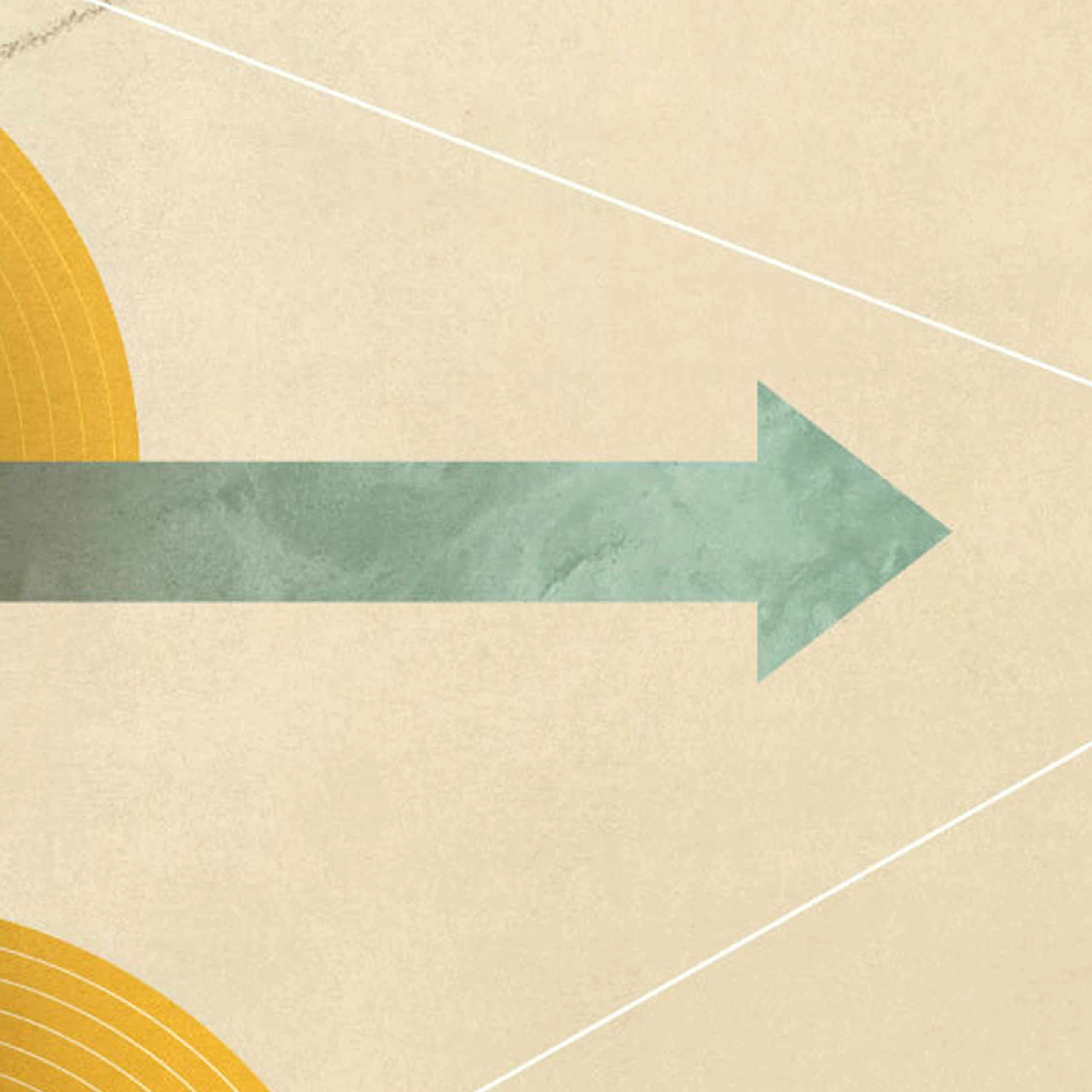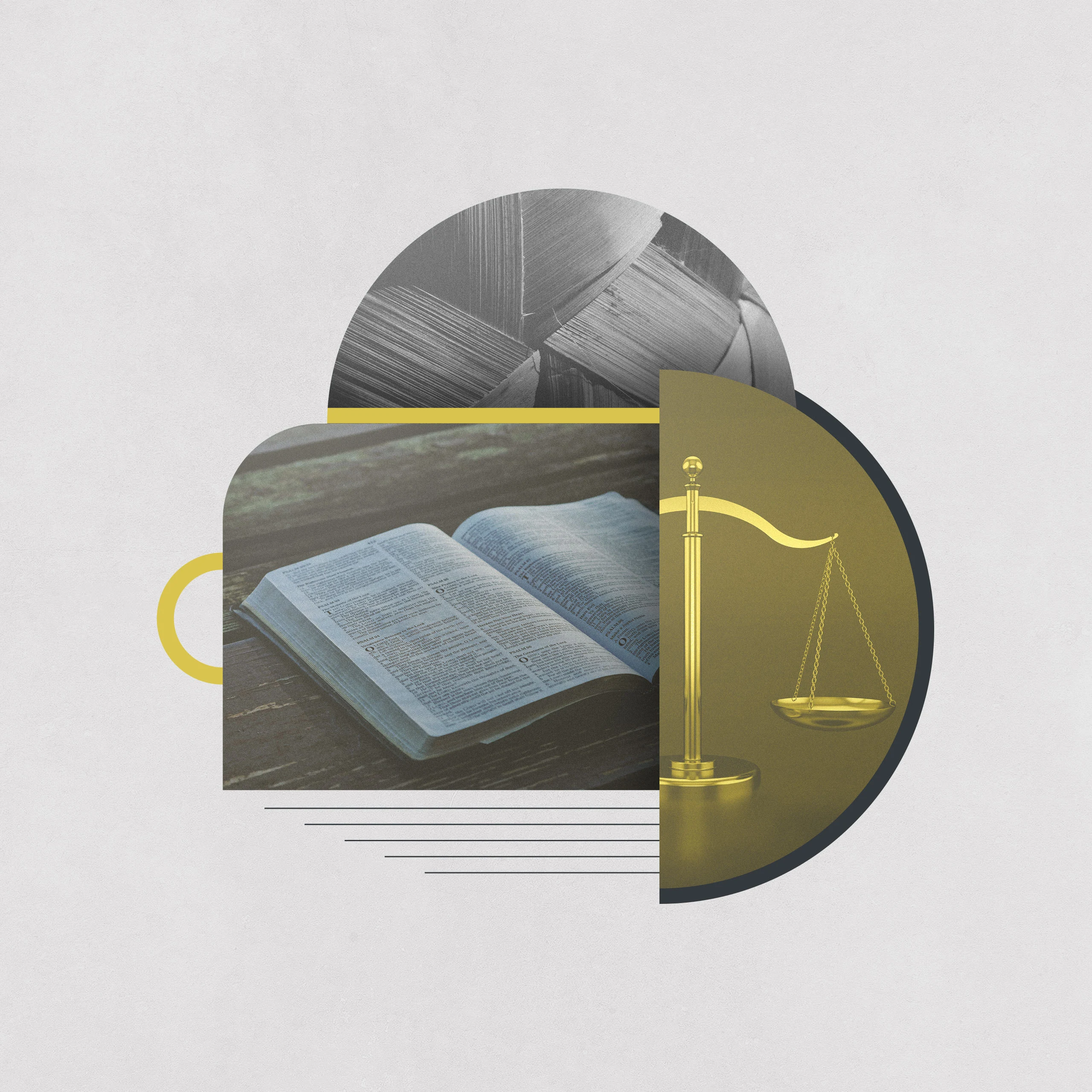Our Attitude Toward the Pharisee

Steering a course between the Scylla (rocks) of antinomianism on the one hand and the Charybdis (hard place) of legalism on the other is an unceasing responsibility of the Christian life. The difficulty is compounded by the fact that most of us find ourselves drawn more to the rocks on one side than the other. Perhaps we react to our upbringing, or to imbalanced preaching that once held sway in our churches, or to an earlier phase of our own Christian walk when we veered toward self-indulgence or self-righteousness. And while we must never disengage from the struggle to stay on course and avoid the dangerous reefs that always lurk just beneath the surface, we must also remember that there are other people who are making the journey as well, and our reactions as we see them chart an unsafe course may be shaped as much by our own history of wrong turns as by their present errors.
Those of us from a fundamentalist background who have come to know Christ may find ourselves in the throes of a reaction to legalism. Overly restrictive demands added unnecessary burdens to the light and easy yoke of Christ. But at some point, in the kind providence of God, we rediscovered the riches of sovereign grace. We grasped that having been justified freely, apart from our works, we stand clothed in the righteousness of Christ, utterly and immovably forgiven, accepted, and beloved. We have come to cling with gratitude to the wonderful truth of our adoption. In Christ, we who once were enemies of God are now His children, heirs of God and coheirs with Christ.
The Spirit himself bears witness with our spirit that we are children of God, and if children, then heirs—heirs of God and fellow heirs with Christ, provided we suffer with him in order that we may also be glorified with him. (Rom. 8:16–17)
The shame we once felt when we failed to live up to the legalistic demands placed upon us has melted away as we appropriate anew our freedom as children of the King. We know now that we needn’t attempt to win a place for ourselves in the household of God by our own efforts since we have been adopted forever into His family.
But having rediscovered the joys of these precious gospel truths, we are nonetheless still in danger. Mercifully, the first danger is well known, and while it is pernicious, most of us are on guard against it. It’s the danger of overreaction. We know we mustn’t hear in the strong assurances of God’s rich grace a denial of the equally strong demands of God’s holy law. We know that by the works of the law no one will be justified (Gal. 2:16), yet we are not outside the law of God, but we live under the law of Christ (1 Cor. 9:21). The law, stripped of its condemning power, has become our friend. To continue the seafaring metaphor, the law becomes for a Christian like a ship’s pilot, steering the vessel through treacherous waters and plotting a safe course.
The practice of patience is the best defense against becoming a legalist about legalism and pharisaical toward Pharisees.
The second danger, however, is easily overlooked. Plotting a safe course for ourselves is one thing, but patience with fellow Christians who may be veering from that course is quite another. As recovering legalists, we need to recognize how quickly our patience with others can fail when they can’t yet see the looming rocks of legalism away from which we’re always so careful to steer. We wonder how they can be so blind as to miss altogether the razor rocks of self-righteousness and the hidden reefs of shame. How glad we are that we no longer make their mistakes. How naive they must be who can’t see the path of true gospel liberty.
But legalism takes a variety of forms, and one of its most subtle is exposed in our self-righteous boast that, unlike our poor legalistic brethren, we know better. And so, while we congratulate ourselves for our wisdom in safely navigating away from the dangers of excessive narrowness and burdensome, man-made restrictions, we nevertheless run aground on the very rocks we thought we had escaped. J. Gresham Machen, reflecting on Jesus’ parable of the Pharisee and the publican (Luke 18:11), once pointed out this danger in his book What Is Faith?:
No doubt we think we can avoid the Pharisee’s error. God was not for him, we say, because he was contemptuous toward the publican; we will be tender to the publican, as Jesus taught us to be, and then God will be for us. It is no doubt a good idea; it is well that we are tender toward the publican. But what is our attitude toward the Pharisee? Alas, we despise him in a truly Pharisaical manner. We go up into the temple to pray; we stand and pray thus with ourselves: “God I thank thee that I am not as other men are, proud of my own righteousness, uncharitable toward publicans, or even as this—Pharisee.”
If we hope to save others from the rocks, it will not do to run aground ourselves. The practice of patience is the best defense against becoming a legalist about legalism and pharisaical toward Pharisees.



